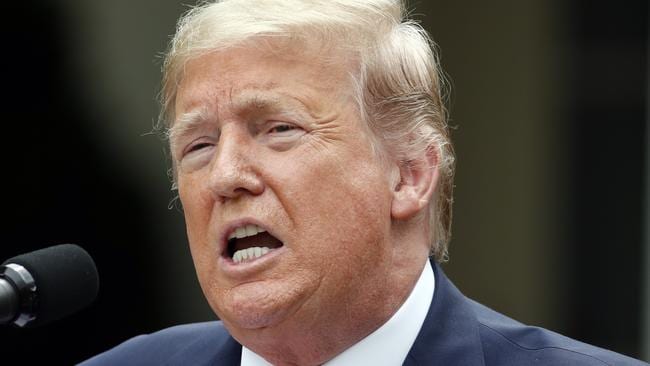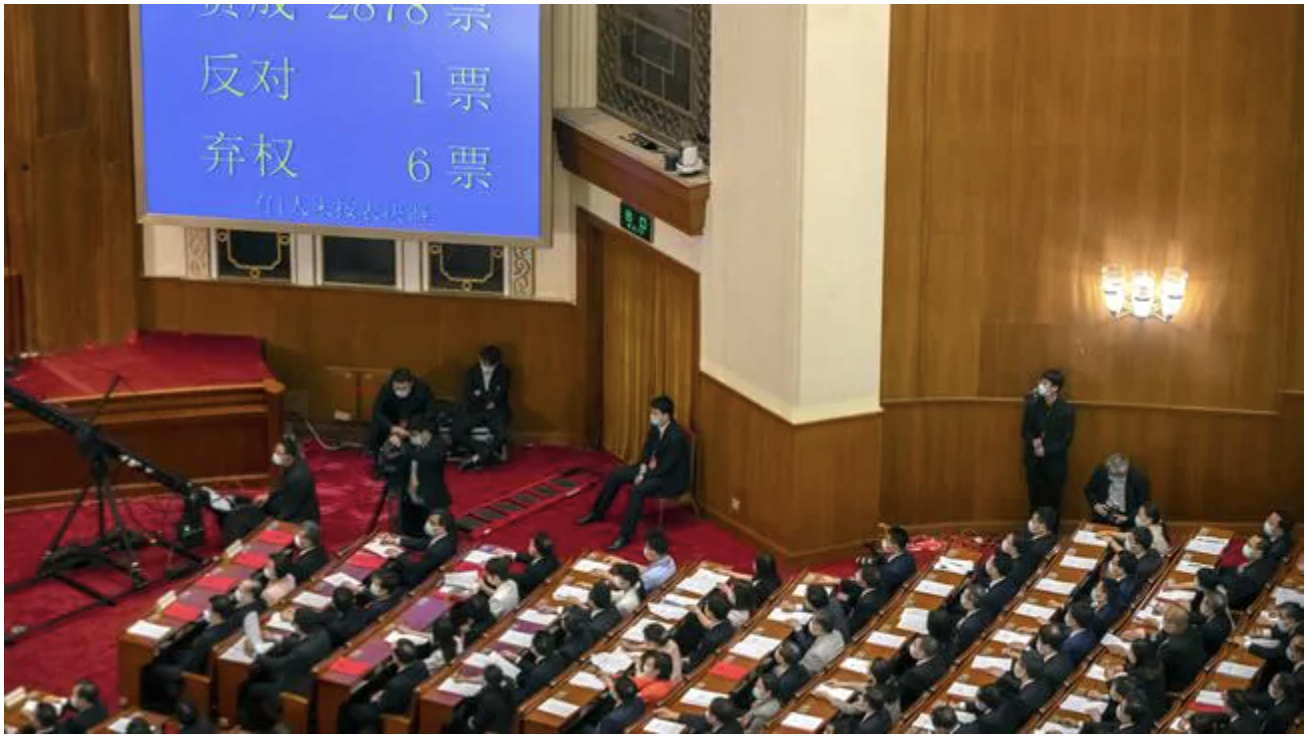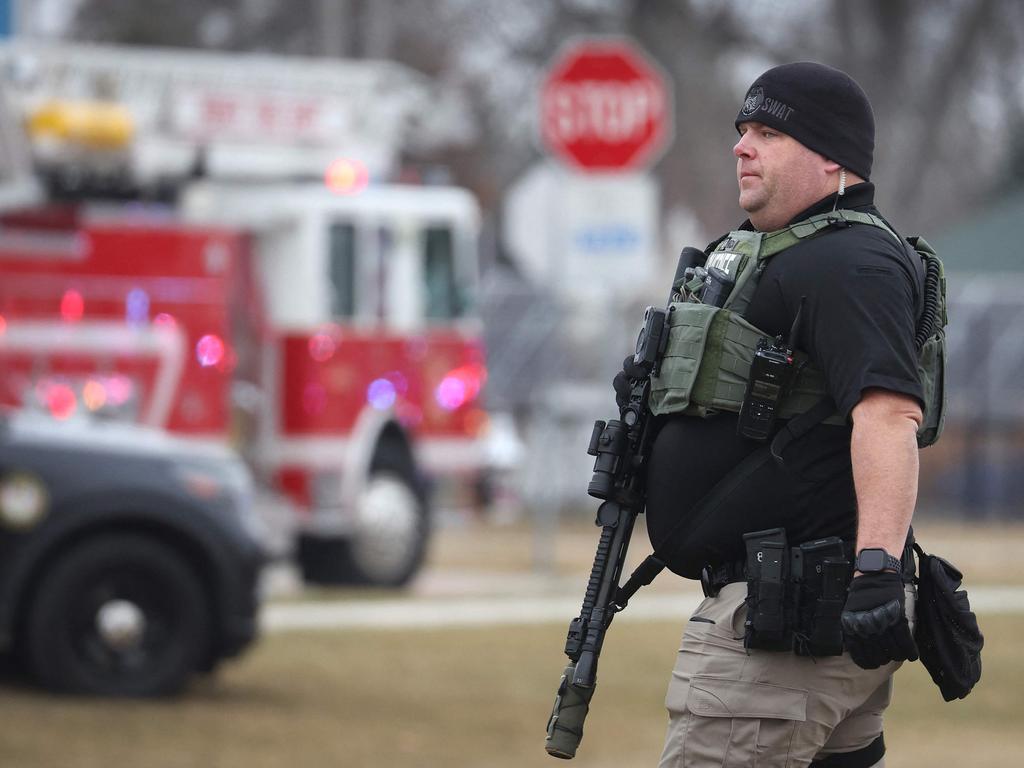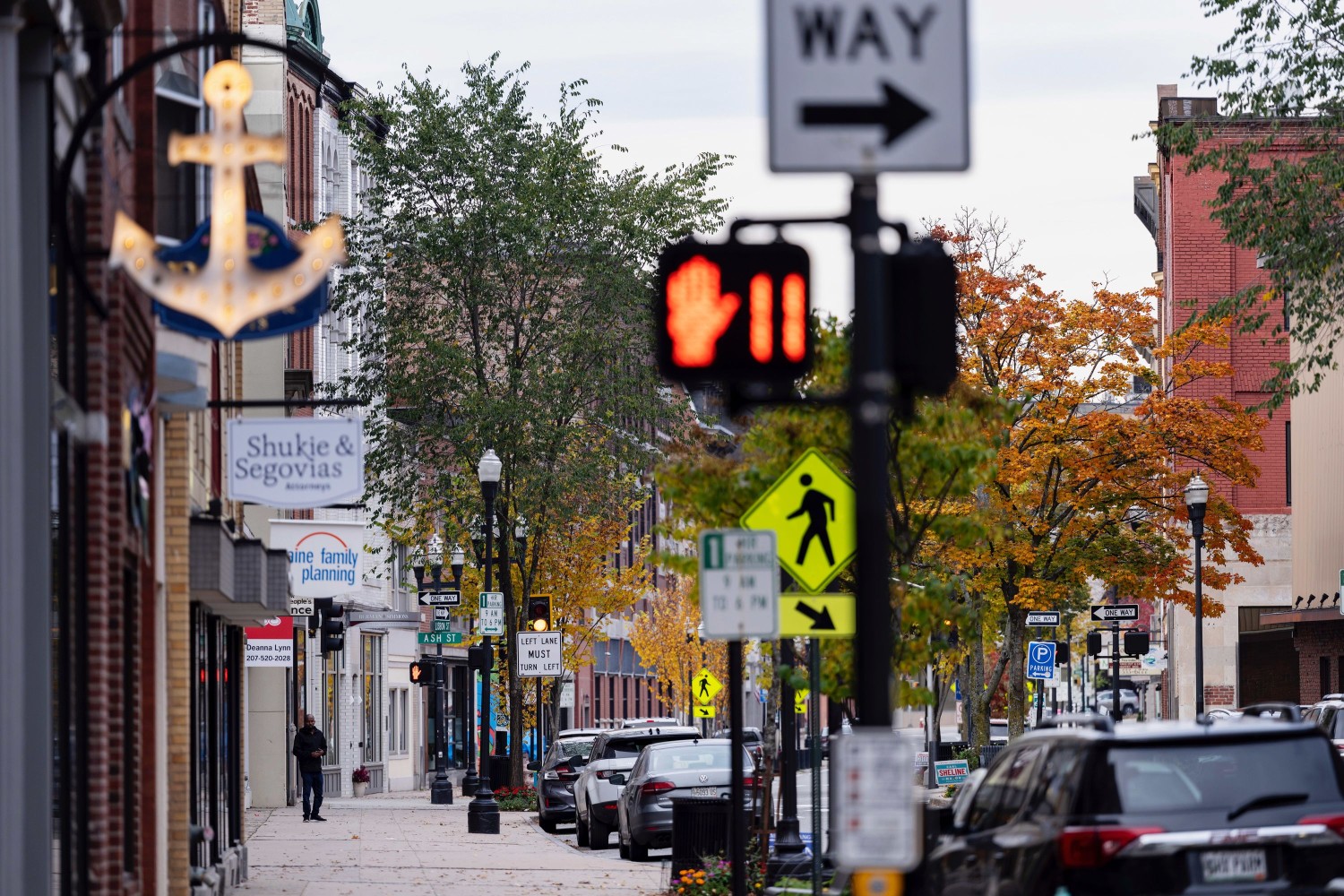This article is more than
4 year oldNew China crisis after Trump retaliation

China has reacted furiously to US President Donald Trump’s unprecedented measures over Hong Kong.
The President this morning announced a number of retaliatory measures against China as Beijing moves to introduce new national security legislation in Hong Kong.
Mr Trump announced the US would end Hong Kong’s special trade status and suspend visas of Chinese graduate students suspected of conducting research on behalf of their government.
The move escalates tensions with China that have surged during the coronavirus pandemic.
Tensions over Hong Kong have been increasing for more than a year as China has cracked down on protesters and sought to exert more control over the former British territory.
Trump said the administration would begin eliminating the “full range” of agreements that had given Hong Kong a relationship with the US that mainland China lacked, including exemptions from controls on certain exports.
He said the State Department would begin warning US citizens of the threat of surveillance and arrest when visiting the city.
“China has replaced its promised formula of one country, two systems, with one country, one system,” he said.
Secretary of State Mike Pompeo notified Congress on Wednesday that Hong Kong is no longer deserving of the preferential trade and commercial status it has enjoyed from the U.S. since it reverted to Chinese rule in 1997.
It’s not yet clear what impact the decision will have on U.S. companies that operate in Hong Kong or on the city’s position as Asia’s major financial hub, or how China will react to the decision.

|
CHINA REACTS
State-media newspaper Global Times reacted to Mr Trump’s announcement with a blistering article.
The newspaper, considered a mouthpiece of Beijing warned the US would pay a “heavy price” for the “reckless sanctions”.
The newspaper said the move was “Trump’s bullying tactics that attempt to pin the US government’s failed response to the COVID-19 pandemic on China”.
“The US, rather than China, its ‘imaginary enemy’, will pay a hefty price for its reckless venture by imposing sanctions on Hong Kong,” the newspaper quoted regional affairs observers as saying.
RELATIONSHIP SOURS
The announcement is the latest blow to the relationship between China and the US.
“The downward spiral in the bilateral relationship has now reached lows not seen since the June 4, 1989, Tiananmen massacre, and there is little reason to expect things to get better soon,” said Dexter Tiff Roberts, an Asia expert at the Atlantic Council, which publishes nonpartisan policy analysis.
Rep. Chris Smith, a New Jersey Republican who is a commissioner of the Congressional Executive Commission on China, praised the decision on Hong Kong as an overdue response to the government of President Xi Jinping for human rights abuses, including against religious minorities in the Xinjiang region.
“After years of human rights admonishment and cheap rhetoric devoid of any meaningful penalties, Xi has concluded that the West is all talk, no action,” Mr Smith said.
“President Trump, however, is today beginning to change that and is doing what previous presidents have failed to do.”
The president also said the US would be suspending entry of Chinese graduate students who are suspected of taking part in an extensive government campaign to acquire trade knowledge and academic research for the country’s military and industrial development.
Allowing their continued entry to the country would be “detrimental to the interests of the United States,” Trump said in an order released after the White House announcement.
Revocation of the visas has faced opposition from US universities and scientific organisations that depend on tuition fees paid by Chinese students to offset other costs and fear possible reciprocal action from Beijing that could limit their access to China.
The order issued by the president included an exemptions for students whose work was not expected to benefit the Chinese military.
Keywords
Newer articles
<p>Wang Yi tells Antony Blinken ‘disruptions’ could arise amid threat of sanctions over China’s support for Russia’s defence industry</p>
King’s Funeral Plans Dusted Off—as Health Remains a Mystery
Bill Maher's audience roars with laughter after he mocks Don Lemon to his face
Can Zendaya make the leap from tween idol to Hollywood heavyweight?
MAJOR ANNOUNCEMENT: Buck Palace updates on King Charles’ condition
What Weinstein Accusers Are Saying About the Shock Reversal
Biden just signed a potential TikTok ban into law. Here’s what happens next
Doja Cat steps onto red carpet in lingerie
Tiffany Haddish Says Common Is the Only Celebrity She's Been 'Entangled' With, Claims He Chased Her for 2 Years
US Congress threatens ICC over Israel arrest warrants




